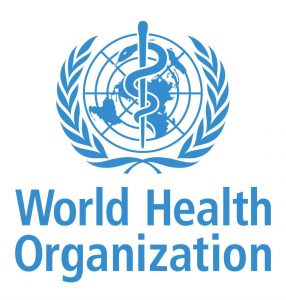MPOWER Framework:

In other countries where higher prices have deterred smoking, prices remain low in India; tobacco affordability undermines the World Health Organization’s MPOWER framework and weakens control, hindering efforts to reduce tobacco-related cancers.
- In line with the World Health Organization (WHO) Framework Convention on Tobacco Control (WHO FCTC), WHO introduced the MPOWER measures in 2008.
- MPOWER are a set of six cost-effective and high-impact measures that help countries reduce demand for tobacco.
- These measures include:
- Monitoring tobacco use and prevention policies.
- Protecting people from tobacco smoke.
- Offering help to quit tobacco use.
- Warning about the dangers of tobacco.
- Enforcing bans on tobacco advertising, promotion, and sponsorship.
- Raising taxes on tobacco.
- The MPOWER measures have played a significant role in encouraging smokers to consider the most effective way to quit smoking.
- Each letter in MPOWER stands for a measure intended to assist governments in achieving the FCTC’s objectives.
- WHO Framework Convention on Tobacco Control (WHO FCTC) is an evidence-based treaty that reaffirms the right of all people to the highest standard of health.




